Trigger Warning: Rape
A 22-year-old woman was gang raped by a bike taxi driver and his friend in Bengaluru. According to reports, the woman, booked a bike taxi to her friend’s home at around midnight. She was allegedly intoxicated at that time and noticing that the woman was drunk, the driver brought her to his house where he and his friend sexually assaulted her. The police arrested two men and a woman involved in the crime as per the complaint lodged by the victim.
This incident opened floodgates to discussions and debates among people; some raised questions about safety of women in the country and others questioned the morality of the victim and pointed fingers at her for the crime that was committed against her.
Days later, before the nation got settled from the shivers of this horrific incident, another news broke out of a YouTuber named Hyojeong Park , reportedly from South Korea who faced harassment by a man on the streets of Mumbai. The horrendous act was caught on camera as she was live streaming and the video of the incident went viral on social media.
Also Read: Victim Blaming Promotes Rape Culture. Here’s How.
The woman, who goes by the Twitter handle Mhyochi in, also tweeted the video saying, “Last night on stream, there was a guy who harassed me. I tried my best not to escalate the situation and leave because he was with his friend. And some people said that it was initiated by me being too friendly and engaging in the conversation. It makes me think again about streaming.”
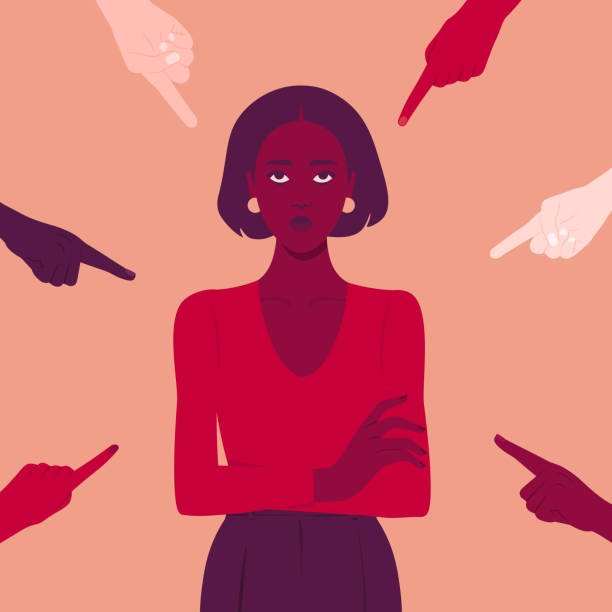
The video posted on Twitter shows the man grabbing the YouTuber by her hand and trying to kiss her. The police caught two men in connection to the incident. The perpetrators have been charged under sections 354 (assault or criminal force to woman with intent to outrage her modesty), 354D (stalking) and 34 (acts done by several persons in furtherance of common intention) of the Indian Penal Code (IPC).
Even though there was a quick action from the police department in arresting the accused in both these incidents the societal perspective of the issue remained on the edge of blaming and shaming the victim.
According to Inside Southern, the reason for victim blaming is: “People may blame a victim in order to remove themselves from an unpleasant event and therefore confirm their own invulnerability to the risk. Others may perceive the victim as different from themselves if they label or accuse the victim. People console themselves by saying, “Because I’m not like her, and I don’t do that, this would never happen to me.”
Awareness and education on this subject are needed on the fact that this is not a healthy reaction.
In the terrifying incident that happened in Bengaluru, there have been comments and questions arising against the survivor, questioning her morality and the ‘need to go outside during night’. One can see people chastising her, stating she shouldn’t go alone at night or outlining the safeguards she should have taken in turn covering up the perpetrators’ who should be blamed first!
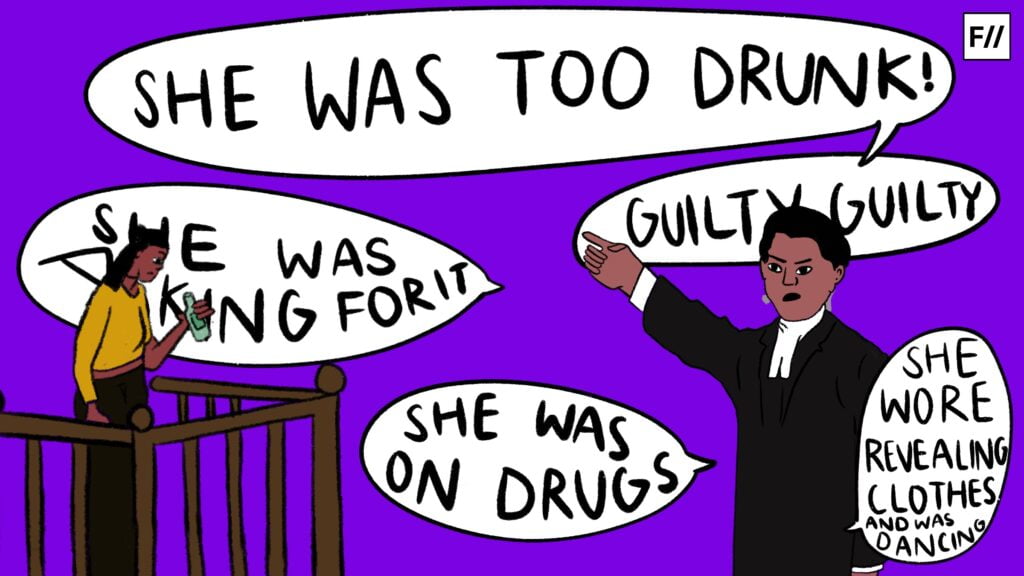
In the of the harassment incident faced by the South Korean woman in Mumbai, since the incident was captured on camera and went viral on social media, it elicited numerous reactions on social platforms. Among the many unsettling aspects of this was the casual victim-blaming that occurred after the video was made public.
According to the news reports, the day after the molestation attempt in crowded Khar, Hyojeong Park returned to Mumbai streets, to recount comments that ranged from “nobody roams that late!” to “you were too nice with strangers” which depict the ugly side of the society supporting rape culture and victim blaming.
Along with the tendency to point fingers at her for the harassment, a stream of racist comments poured in against her. One’s ethnicity, gender, clothing , time and place they chose to travel, nothing matters even remotely as a reason for the assault to take place. The woman in question here was terrified and in a foreign country, and she had no idea how to respond to the terrible behaviour of those harassing her. Nonetheless, she was questioned about why she did not act aggressively or why she was out late at night alone.
The casual victim blaming and shaming is a mirror of what we need to change about our society and how we need to improve our attitude toward survivors who come forward to report incidents of assault and harassment. Victim blaming has become a common scenario whenever a report of sexual assault or harassment comes out from a woman.
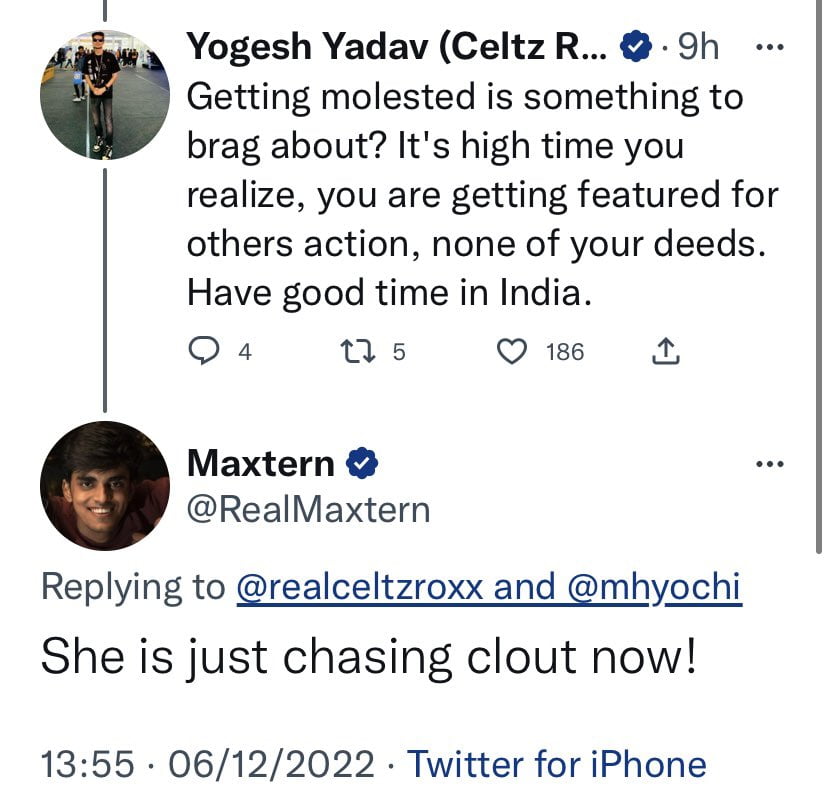
After the news of Shraddha Walker’s murder by her live-in partner Aaftab Amin Poonawala broke out, so many flag bearers of moral propriety left no time to blame her for the gruesome incident which was a clear case of gender based violence. The incidents are adding up to the list of crimes against women and gender based violence but the thought to shame the victim and put all the blame on her remains the same.This thought stems from the belief that the victim did something wrong to merit the abuse, which is very unfortunate thinking.
Also Read: Victim Blaming, Love Jihad And Islamophobia: Is There A Room For Justice For Women In India?
The media also have a role in reinforcing the victim blaming mindset with the headlines chosen and the tone of the narration. It is high time to break the loop of victim blaming and focus on the reasons why it had happened and to redirect the section of society to think about the dangerous aspect of this where it can lead to people hiding the assault, they had faced due to fear of shame from the society.

Many mental health reports also say, on a social level, this implies that fewer crimes are recorded and predators are convicted. This also fosters predatory behaviour and permits criminals to dodge accountability for their deeds.
Also Read: How Does The Media Perpetuate Victim Blaming When Reporting GBV?
Emotionally wrecking the people who go through abuse can result in additional and unneeded pain as the victims may face mockery while witnessing their predators escape prosecution rather than receiving the retribution they deserve.
There is a long way to go for a society that is safe and secure for everyone and their well-being.
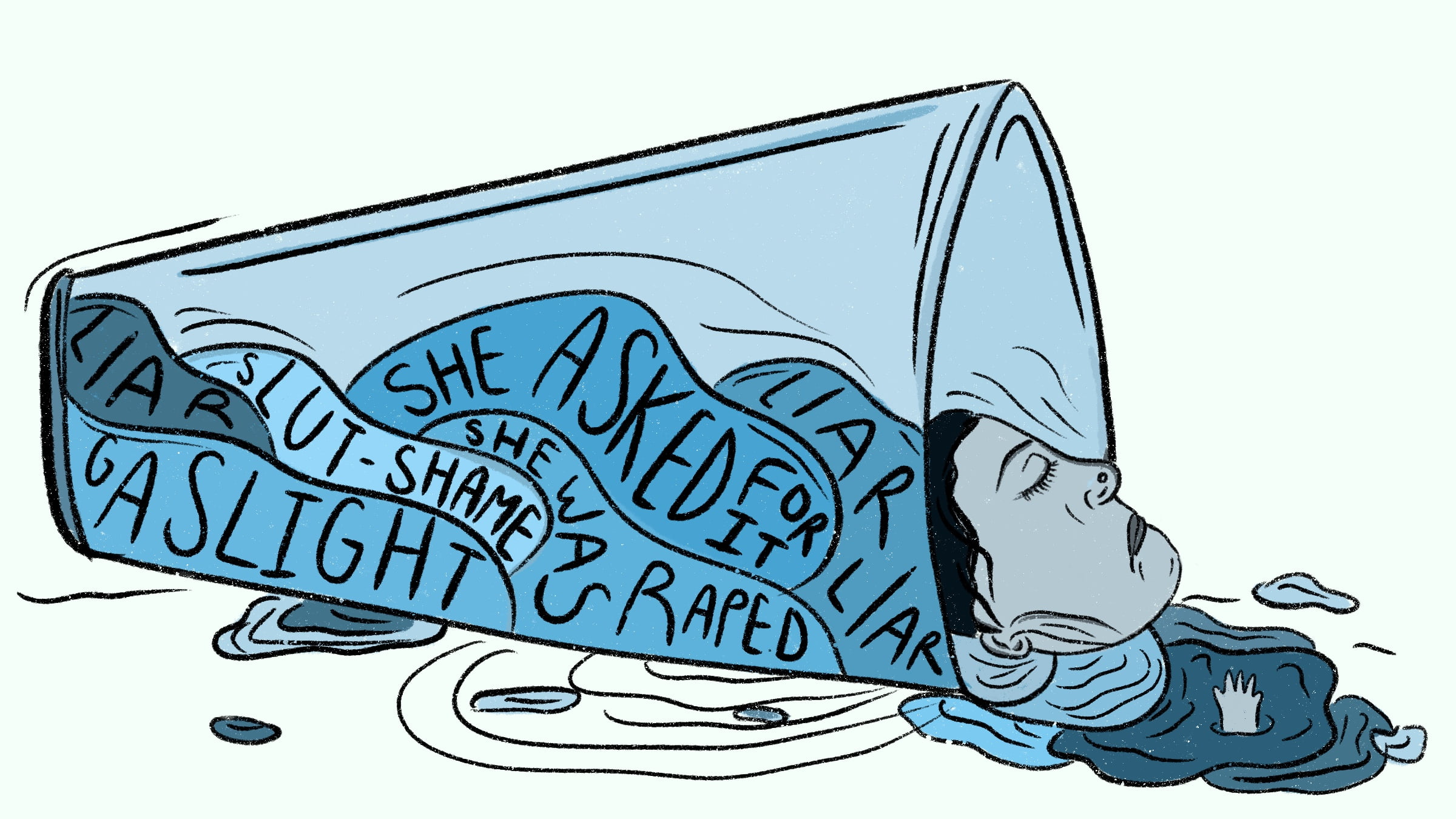
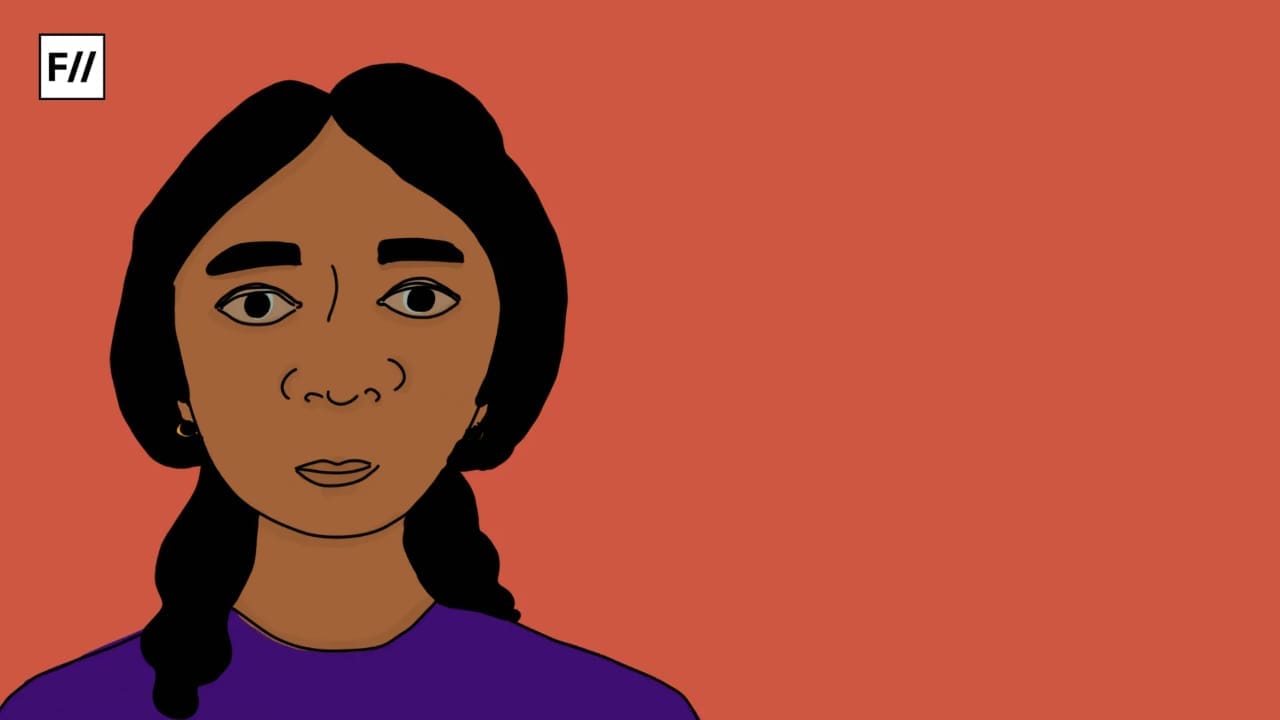

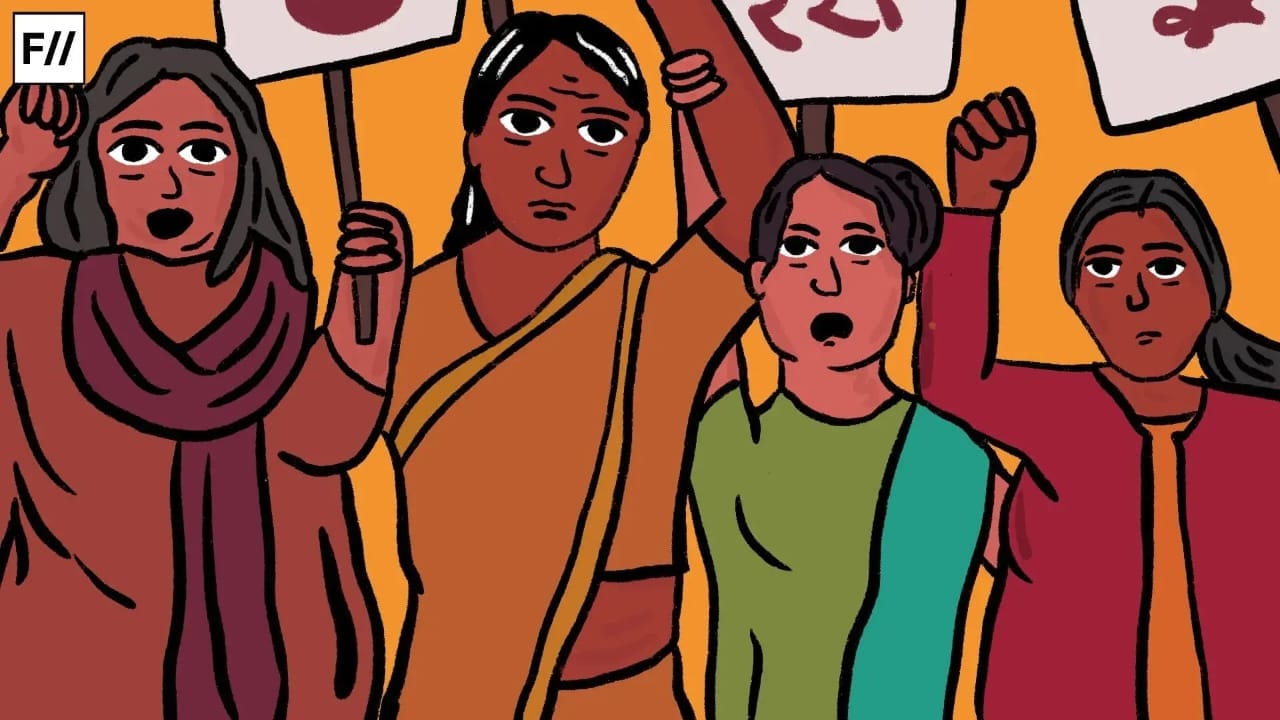

Regarding the incident in the first paragraph, while I am NOT blaming the victim a woman should have enough common sense not to be out alone at midnight. It is not safe for men either to be out late at night. They can get stabbed and/or robbed of their money.